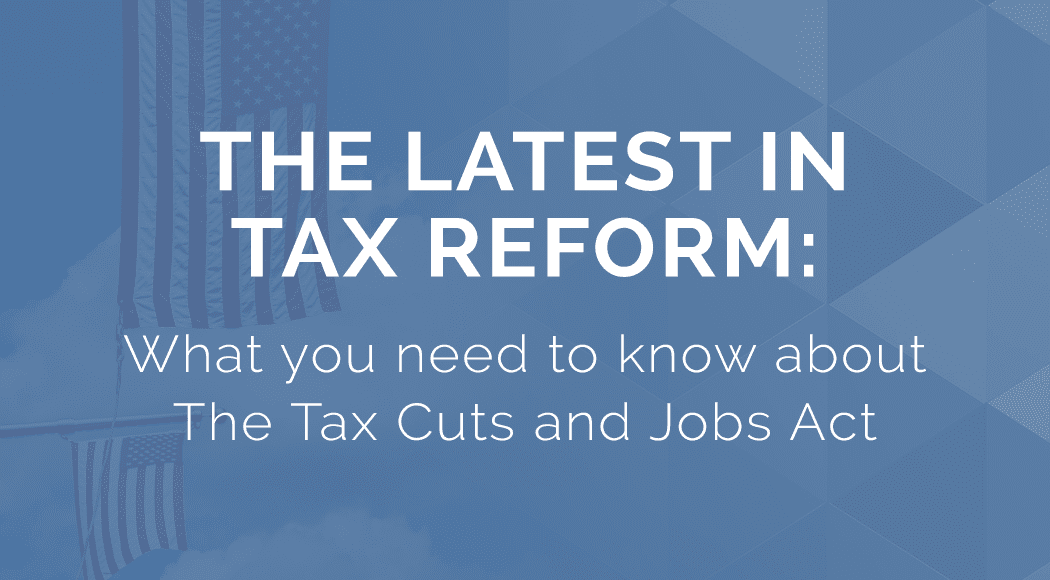
There are 7 new tax brackets at 10%, 12%, 22%, 24%, 32%, 35%, 37%.
The child tax credit increases to $2,000, with $1,400 refundable to taxpayers if they have no tax liability. The income threshold under which filers can claim the full credit has increased to $200,000 for single parents and $400,000 for married couples.
The standard deduction is increased to $12,000 for single filers and $24,000 for married filing joint taxpayers.
The following deductions and exemptions are reduced or eliminated:
The following deductions which originally were going to be eliminated under this bill have been restored:
The alternative minimum tax exemption has increased to $70,300 for single filers and $109,400 for married filing joint filers.
The estate tax exemption doubles to $11 million per person.
The owners of pass through entities would be eligible to deduct 20% of the income with certain limitations.
Personal service business owners would be eligible to deduct 20% of their pass through income if their total income is less than $315,000 if married, or $157,500 if single, with certain limitations.
The corporate tax rate would be reduced to 21%.
Alternative minimum tax on corporations would be eliminated.
The individual tax cuts would expire December 31, 2025.
The corporate provisions would be permanent.
The Affordable Care Act has been repealed so that health insurance coverage is no longer mandatory after 2018.
Alloy Silverstein’s accountants and advisors will keep you updated as more information becomes available. Contact your CPA to discuss how the Tax Cuts and Jobs Act may affect your individual tax planning strategy.
Related:

Associate Partner
Mike is an individual tax expert with over 40 years of experience. He helps keep tax bills low for health care, legal, real estate, non-profit and athlete clients.
View Mike's Bio →